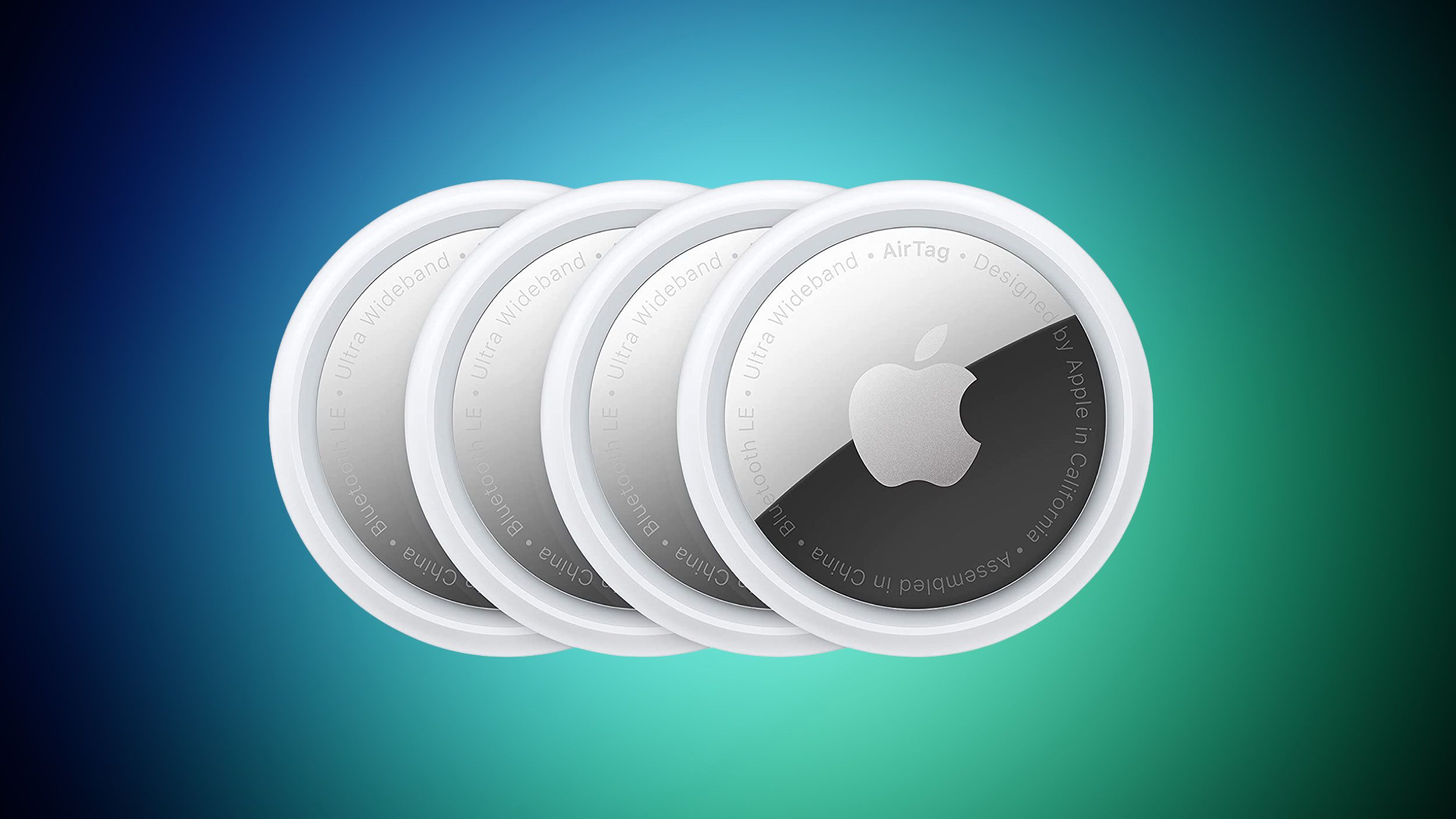The government program set up to ensure that all Americans have a baseline level of connectivity survived a legal challenge on Friday when the Supreme Court upheld the funding and administrative mechanisms of the FCC’s Universal Service Fund.
In a 6-3 ruling, the court rejected arguments that Congress had not delegated the FCC sufficient authority to collect money from telecommunications companies or to set up a nonprofit corporation, the Universal Service Administrative Co., to manage the USF program.
“We hold that no impermissible transfer of authority has occurred,” Justice Elena Kagan wrote in a 37-page opinion. Observing that Congress put adequate constraints on the FCC’s authority and that the FCC in turns controls the USAC, she concluded: “Nothing in those arrangements, either separately or together, violates the Constitution.”
Congress created this fund in the Telecommunications Act of 1996 to replace an earlier system in which the FCC implicitly subsidized phone service via its rate-setting authority.
Under it, the FCC collects money from telecommunications carriers offering interstate service to subsidize provider expenses to offer connectivity in rural and other high-cost areas, lower service costs for low-income customers via the Lifeline program, underwrite access for schools and libraries, and help pay for service to rural health-care providers.
(Lifeline preceded the FCC’s Affordable Connectivity Program, which provided monthly subsidies of $30 or more for broadband service for a much wider group of recipients from the end of 2021 until mid-2024. The ACP did not have a dedicated funding mechanism, which meant that Congressional inaction ensured its demise after the original allocation ran out.)
The USAC, in turn, handles the day-by-day operation of the USF, including signing up people for Lifeline and allocating support among those four mechanisms that added up to $8.59 billion in payouts in 2024.
Telecom firms, in turn, usually pass on the cost of their USF contributions to individual customers as fine-print items on their bills. (It was $1.41 on a recent AT&T bill.)
Consumers’ Research, which calls itself “an independent educational 501(c)(3) nonprofit organization” and devotes much of its efforts to targeting ESG (environmental, social and governance) and “woke” practices and policies in companies and government, began challenging that structure after the FCC set a “contribution factor” of 25.2% at the end of 2021.
In the opinion, Kagan said Congress had set sufficient boundaries for the FCC’s ability to collect USF funding without imposing a numerical ceiling, citing such examples as the Federal Reserve and the Federal Deposit Insurance Corporation charging banks to cover their costs.
“In none of those (or many other) revenue-raising statutes does a number appear,” Kagan wrote. “So all would be on the constitutional chopping block under Consumers’ Research’s reasoning.”

Get Our Best Stories!
A Smart, Bold Take on the Wireless World

By clicking Sign Me Up, you confirm you are 16+ and agree to our Terms of Use and Privacy Policy.
Thanks for signing up!
Your subscription has been confirmed. Keep an eye on your inbox!
The justice also found that the 1996 law provided adequate instructions for what the USF should cover—“widely used, generally affordable, and essential telecommunications services”—that neither handcuff the commission to subsidizing only obsolete forms of connectivity nor let it go crazy by underwriting higher-end services.
Finally, Kagan saw no issues with the FCC creating and overseeing the USAC, since it remains in charge of that corporation as its designated administrator of USF: “In every way that matters to the constitutional inquiry, the Commission, not the Administrator, is in control.”
In a dissenting opinion, Justice Neal M. Gorsuch focused on how the FCC’s decisions in running this program added discrete expenses to telecom bills–making them a tax, which the Constitution says must originate in the House of Representatives.
“As far as I can tell, and as far as petitioners have informed us, this Court has never approved legislation allowing an executive agency to tax domestically unless Congress itself has prescribed the tax rate,” he wrote.
Recommended by Our Editors
But many of the people and companies who have agreed with that sort of limited-government logic in other situations applauded the majority opinion Friday.
“For years, the FCC’s universal service program has played a key role in expanding connectivity and Internet service to Americans in communities across the country,” FCC Chair Brendan Carr said in a statement. “I am glad to see the Court’s decision today and welcome it as an opportunity to turn the FCC’s focus towards the types of reforms necessary to ensure that all Americans have a fair shot at next-generation connectivity.”
A trade group for smaller telecom firms offered a comparable thumbs-up to the decision.
“The USF program plays a vital role in providing connectivity in rural and remote areas and ensuring low-income consumers can afford service,” said ACA Connects President and CEO Grant Spellmeyer. “It resolves a longstanding question and offers certainty, which encourages companies to commit to deployment and affordability efforts.”
So did the industry group representing the largest telcos.
“Today’s decision is a major victory for the millions of Americans who depend on affordable, reliable broadband, especially in rural communities,” said USTelecom President and CEO Jonathan Spalter. “The Court’s ruling affirms what we’ve long known: the Universal Service Fund remains an essential tool to connect Americans.”
The case was Federal Communications Commission et al. v. Consumers’ Research et al. Chief Justice John G. Roberts, Jr., and Justices Amy Coney Barrett, Ketanji Brown Jackson, Brett M. Kavanaugh, and Sonia Sotomayor joined in the opinion, with Kavanaugh and Jackson writing concurring opinions. Justices Samuel A. Alito, Jr., and Clarence Thomas joined Gorsuch’s dissent.
About Rob Pegoraro
Contributor











